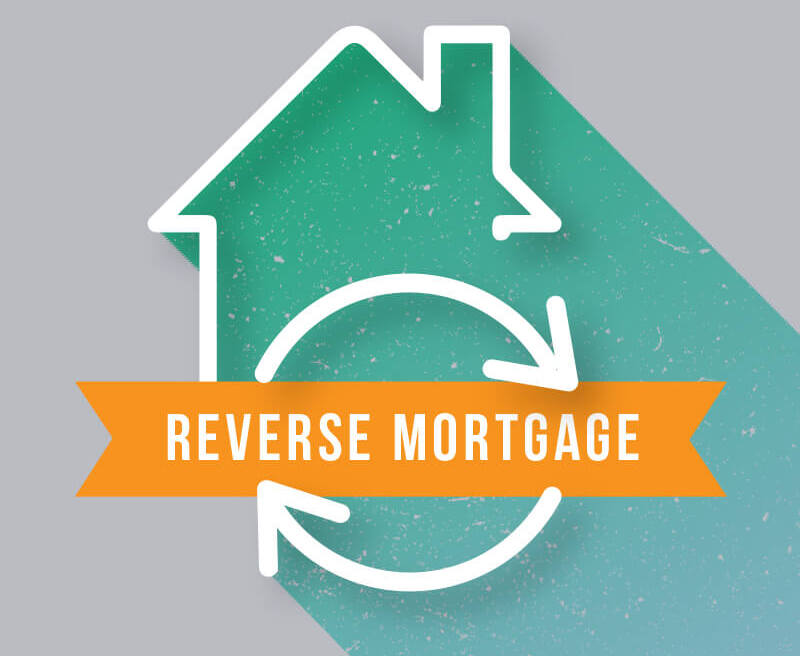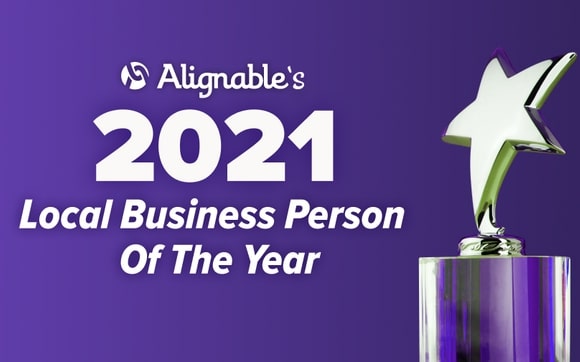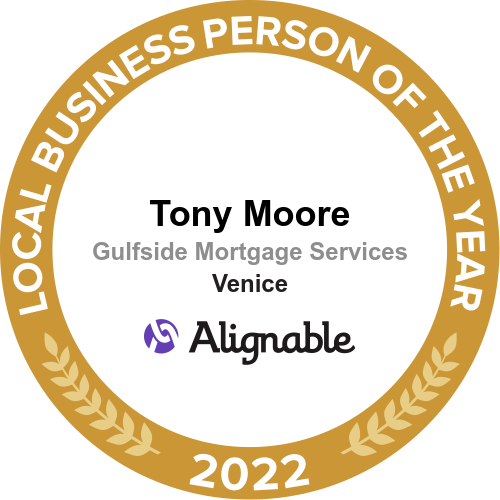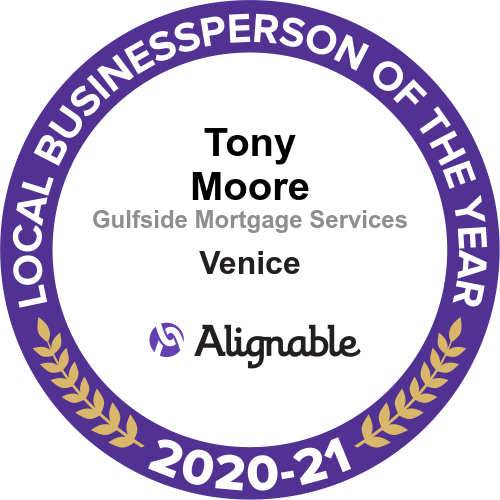Is a Reverse Mortgage Right for you?
Are you short on cash, and in a situation where your home equity is your biggest asset? Some homeowners end up in a situation where they don’t have any other viable way to raise money for their daily living expenses. In this case, they may want to take out a reverse mortgage.

However, this action is not a decision to make lightly because it’s probably taken years of hard work to accumulate your home equity; taking out a reverse mortgage means spending a significant part of that equity on loan fees and interest.
If you are thinking about a reverse mortgage, here are some things to consider:
- DO YOU WISH TO STAY IN YOUR HOME?
This is the most important question to ask yourself if you are thinking about getting a reverse mortgage versus putting your house on the market.If you don’t plan to stay in your home—or if you don’t plan to be there for the long term—a reverse mortgage may not be the right option.
- HOW MUCH IS YOUR HOME WORTH?
In order to qualify for a reverse mortgage, you must be at least 62 years of age, you must have a substantial amount of home equity, and all existing loans on the home must be paid off. Selling may be an option for you, but the recent housing crash has left many homeowners with a lot less in home value than they had five years ago. Getting a reverse mortgage with the potential to increase cash flow could be a viable alternative to selling at a loss.
- HOW EQUIPPED IS YOUR HOME FOR YOUR NEEDS?
A borrower is allowed to use reverse mortgage proceeds however he or she so chooses. One way some borrowers choose to use their proceeds is to make home improvements or modifications so that the home is better suited for aging in place.
How do I know if the reverse mortgage will work for me?
The answer to whether a reverse mortgage will work for you will vary from person to person depending on their individual circumstances. The reverse mortgage is a great loan but that doesn’t mean that it works for everyone depending on their situation. Ultimately a homeowner needs to assess where they are at in life with regard to finances and expenses, where they want to live during their retirement years or for the foreseeable future, what is the best case scenario and worst case scenario of the options they have, and then find out if the reverse mortgage can help them accomplish those goals.
The Bottom Line
Reverse mortgages are widely criticized, and for a good reason; they aren’t an ideal financial choice for everyone. But that doesn’t mean they’re a bad deal for every homeowner, in every situation. Even if a reverse mortgage is an expensive option and not an ideal one, it may still be the best for your circumstances. Here are the ifs: if you will get enough proceeds from the loan to solve your financial problems (in the long run), if you plan to stay in your home long term, if you can afford the ongoing costs of homeownership, if you have a spouse who is 62 or older—and if you don’t plan to leave your home to anyone.

























